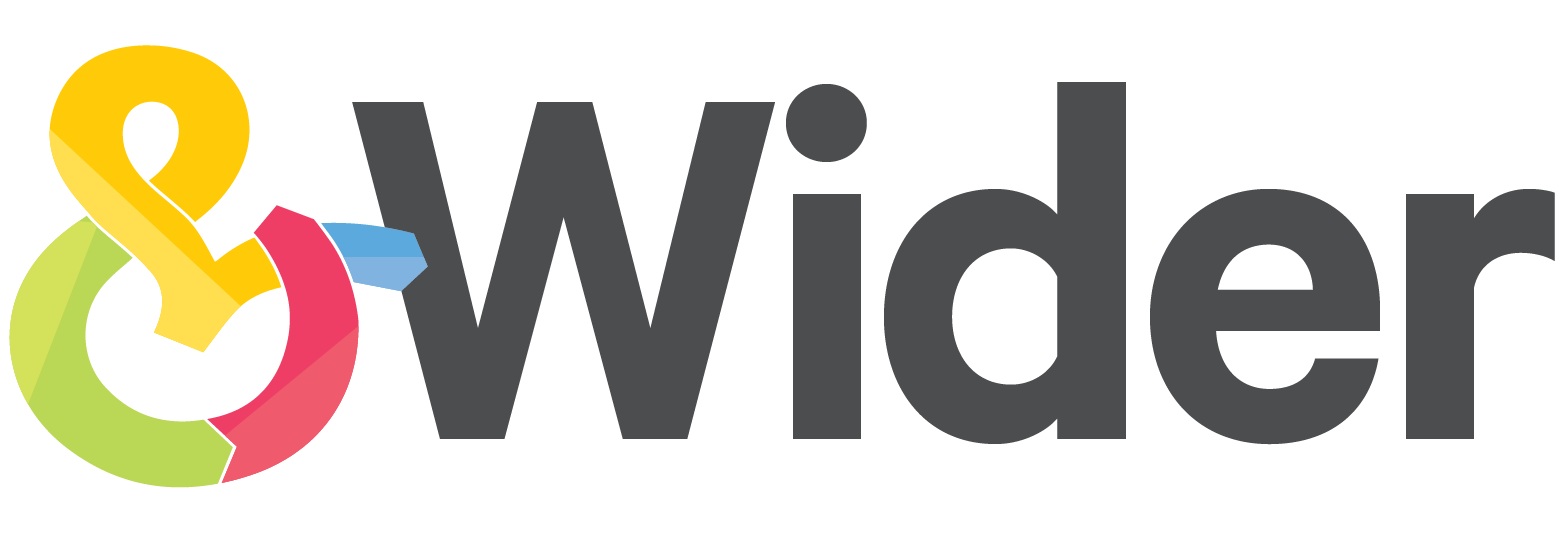Unlocking your suppliers’ willingness to engage with workers
In the world of human rights due diligence, suppliers play a crucial role in driving change and shaping the working lives of workers. However, getting suppliers to willingly sign up to allow worker engagement systems to be introduced can be quite challenging. In this blog post, we will explore strategies to unlock supplier buy-in and interest in the benefits of worker engagement. In this context we use the term worker engagement to refer to worker engagement via mobile, also known as Direct Worker Reporting (DWR) or worker voice.
The power of a compelling story
Let's start with the power of compelling stories. To effectively engage suppliers and encourage their active participation, it is essential to tell a story that resonates with their business objectives. By aligning the benefits of worker engagement with the supplier's own goals, we can create a persuasive story. For example, highlighting how worker engagement directly impacts retention, productivity, brand reputation, and market competitiveness. When suppliers can clearly see the tangible benefits for their business, they are more likely to get on board. Citing the experiences of other suppliers always helps.
An Unthreatening Exercise
Next, we must create an atmosphere where suppliers feel encouraged to listen and act on the issues flagged by workers via DWR, rather than being fearful about the punitive measures that may follow any flagging of sensitive issues. Here the buyer has an essential role to play. Brands commissioning the DWR exercise should ideally focus on incentivizing improvement rather than punishing a supplier for issues flagged by workers once monitoring has started. The latter will only damage the supplier’s willingness to engage seriously with the results from DWR and take the actions needed to drive improvement. Rather buyers ideally need to recognise and celebrate those suppliers willing to use DWR, and any improvements that workers report via DWR. This is how buyers can unlock serious cooperation and engagement by their suppliers in the programme of listening to workers to drive continuous improvement.
Supplier collaboration is integral in forging a brighter future for workers worldwide
It is also helpful for buyers to acknowledge that not all the issues that workers flag will be local issues caused by an employer’s own labour practices. Some of the challenges that can be flagged will refer to systemic challenges that go beyond a particular business’s capacity for remedy. Here it would be helpful for buyers to offer support or collaboration to address the more systemic challenges affecting workers in a particular workforce.
Focus on Continuous Improvement rather than Compliance:
Let's talk about data-driven learning. It's also useful to emphasise to suppliers that the purpose of DWR is not to scrutinise performance but rather to enable better visibility into strains on workers, and along with this visibility, a process of continuous improvement. Encourage your suppliers to view DWR as a valuable means of listening and learning from workers, instead of a pass/fail compliance exercise.
Suppliers will be more likely to trust your commitment to continuous improvement if you demonstrate this yourself - by engaging with your suppliers on their needs, strains and experiences as suppliers and enable them to report on the commercial and human rights impacts of certain purchasing practices. This will empower you to ensure you undertake continuous improvement and trigger strong retention of strategic suppliers, who trust you will listen and improve where needed.
In closing…
Unlocking suppliers' willingness to instal worker engagement systems, especially in higher risk landscapes and amongst strategic suppliers, is a crucial step in getting human rights due diligence right. By crafting compelling stories that highlight the business case for suppliers, creating a non-threatening way for suppliers to climb on board, embracing and encouraging data-driven learning, and demonstrating continuous improvement, businesses can enable significant improvements in workers’ lives along their supply chains. Remember, suppliers are not just drivers of change but also potential partners in embedding human rights due diligence that will benefit your compliance and responsible sourcing. Without their cooperation and willing engagement with the process and the outcomes of human rights due diligence, it can become a complex and resource-heavy exercise. Unlocking the power of supplier collaboration is integral in forging a brighter future for workers worldwide.

